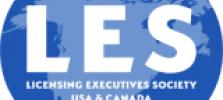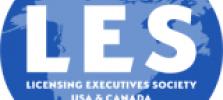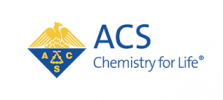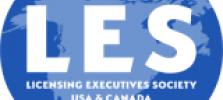Alpha-galactosidase-A Knockout Mouse Model for Studying Fabry Disease
This technology includes an alpha-galactosidase-A knockout mouse model that can be used to study Fabry disease, an X-linked lysosomal storage disorder. Alpha-galactosidase-A is a crucial enzyme responsible for the breakdown of glycolipids, particularly globotriaosylceramide (Gb3), within lysosomes. In Fabry disease, a rare and inherited lysosomal storage disorder, mutations in the GLA gene lead to deficient or non-functional alpha-galactosidase-A enzyme activity.





